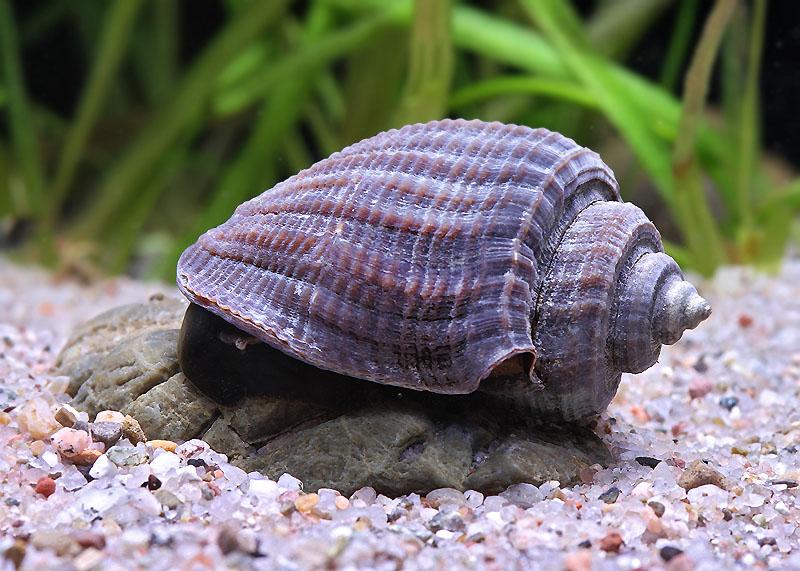The project compared dispersal patterns in freshwater mollusc taxa within Wallacea in order to dissect the complex mixture of vicariance and predominant dispersal events that led to subsequent diversification of these groups on respective islands in the Moluccas. We conducted comparative in-depth phylogeographical analyses of four selected model groups of freshwater molluscs, three families of snails (Planorbidae, Lymnaeidae, and Neritidae) and one bivalve (clams) family (Sphaeriidae) in order to assess both inter-island biogeographical patterns and the correlation of intra-island population structure with island parameters as well as habitat diversities and availabilities to evaluate their effects on diversification patterns and population dynamics and structures.
Our results indicate that abiotic factors, which are responsible for the successful colonization of the Indo-Australian Archipelago (IAA) and the preservation of species richness, may have a greater impact than previously assumed.
Congruence in the biogeographic patterns of the snail families Planorbidae and Lymnaeidae, and to a lesser extent the bivalve family Sphaeriidae was found. Freshwater snails occurring in Wallacea but also throughout the IAA have both Australian and Asian origins. A combination of active dispersal (due to e.g. lowering of sea level in phases), passive dispersal (transmarine transportation depending on differential survival) and vicariance events (continental islands, mountain formation) contribute to the current distribution and diversification seen in the phylogenetic patterns for these groups. Dispersal events and intra-island diversification comparatively are more
important in the generation of current biodiversity on the studied islands. The intrinsic dispersal capacity seems to be a crucial factor in explaining current distribution patterns of these taxa in the region.
Project title
Testing biogeographic hypotheses in Wallacea using freshwater gastropods
Partners
Dr. Christian Albrecht, Justus-Liebig-Universität Giessen
Duration
01.02.2012 – 31.05.2017
